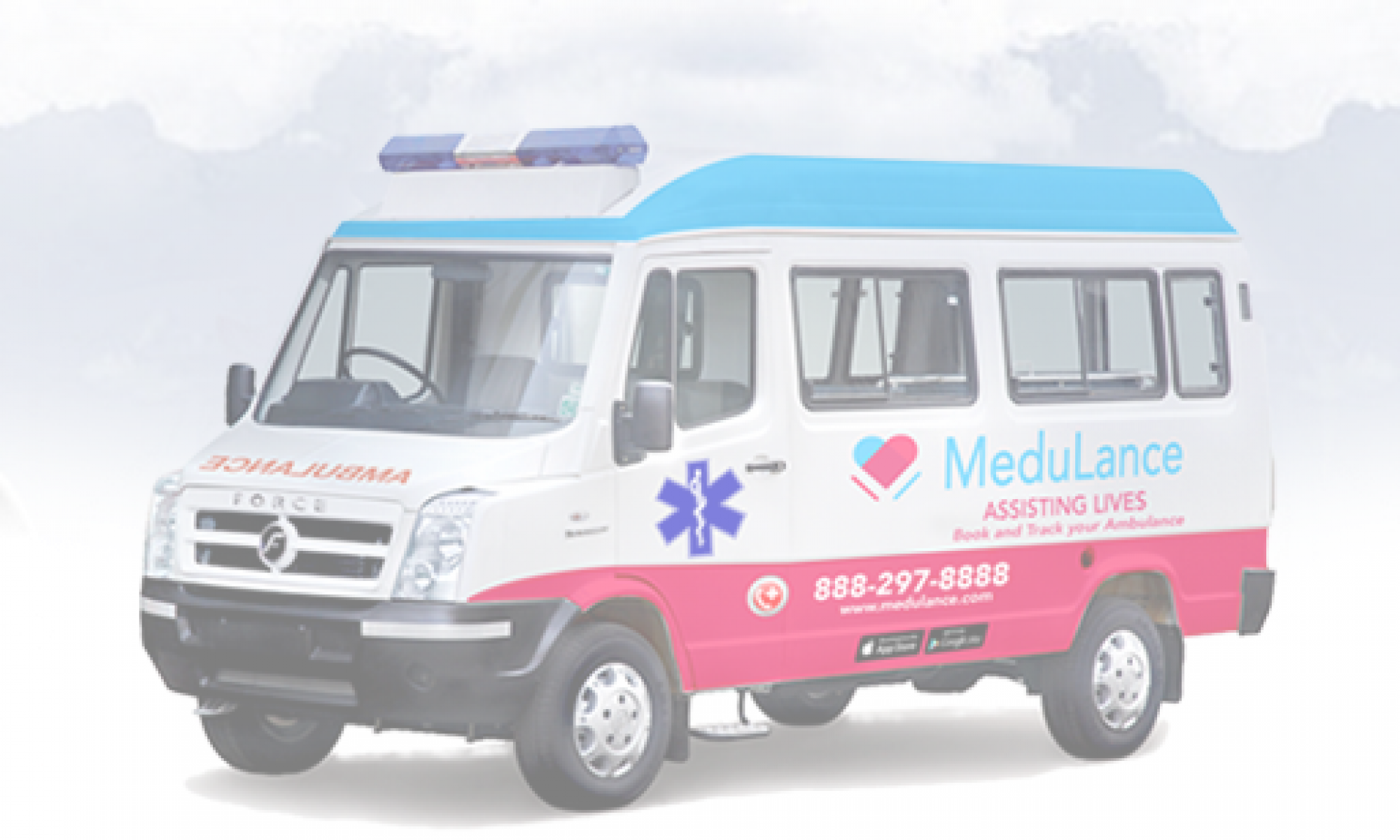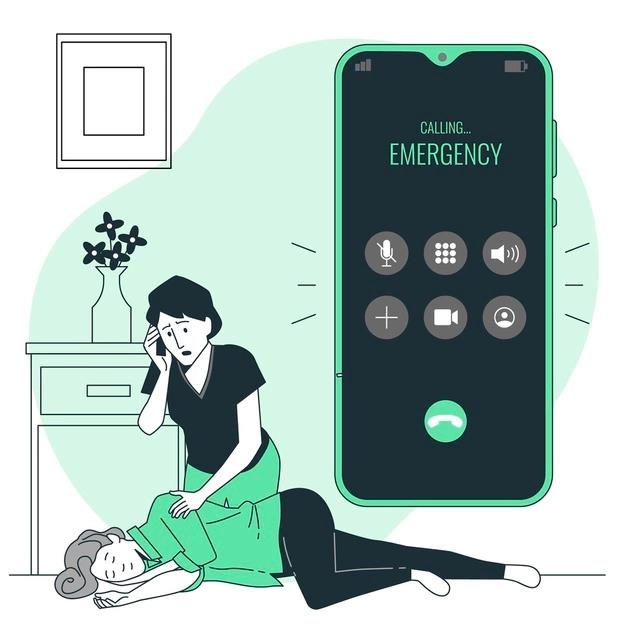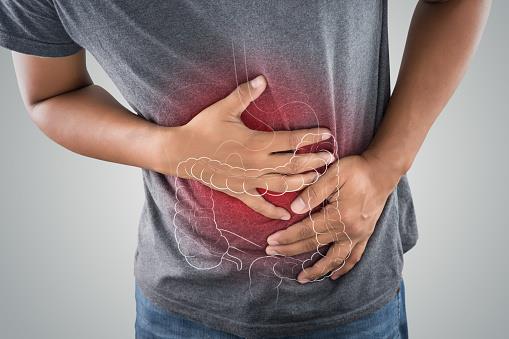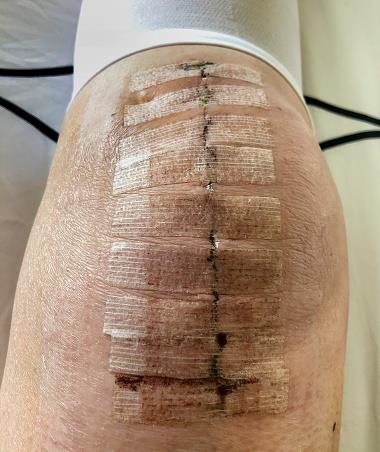It can be easy to miss the signs of your own medical emergency. Many times people trivialize their own conditions and ignore obvious symptoms. The mild headache you attribute to a lack of a goodnight’s sleep could be the sign of something more grave. The chest pain and irritation you dismiss as indigestion could be a warning sign of a cardiac arrest. People often have the tendency to ignore their own medical symptoms of an emergency, and in many cases, the results can be fatal.
Here are some conditions that can be signs of a medical emergency that should never be ignored :
1. Dull chest pains and shortness of breath
This obvious sign of a heart attack is often hand waved away as indigestion or acid reflux. Another common mistake is to assume it isn’t a heart attack because the pain isn’t located in the middle of the chest. In addition to chest pain, you should also keep an eye out for non-chest pain symptoms, such as discomfort in one or both arms, nausea or dizziness, cold sweats, shortness of breath, and pain in the back, neck, shoulder, or jaw.
How to handle the situation :
Always call an ambulance. It is better to be cautious, even if it doesn’t turn out to be a heart attack. The ambulance crew is equipped to be carried out the necessary tests to determine what your exact condition is.
2. Extreme abdominal pain
This can be a sign of appendicitis, or in the case of women, an ovarian cyst. Appendicitis doesn’t always start with the classic pain in the right lower quadrant of your abdomen. You might have pain around your belly button, be queasy, lose your appetite, or feel discomfort when you move. These are all signs of irritation of the lining of your abdomen, which can signal that something serious is going on.
How to handle the situation
Head to the hospital if belly pain comes on suddenly or if it keeps you from sitting, walking, eating, or drinking. If you also get a fever or start vomiting, lie down, and call your doctor, describing the symptoms in detail so proper medicine can be prescribed
3. Headaches
These can be signs of ailments ranging from eyesight problems to concussions. Sadly, despite varying severity, headaches are all lumped together and ignored as a mild inconvenience accordingly. Yes, your headache might go away after a cup of hot tea, or you might start bleeding from your nose soon and start losing consciousness. Loss of consciousness, repeated vomiting, and a worsening headache warrant immediate attention.
How to handle the situation
If any headache feels exceptional (it’s more intense than normal, say, or it comes with dizziness or vomiting for the first time), book it to an ER. The faster you get treatment, the better. Don’t be embarrassed if it’s a false alarm.
4. Bleeding following cuts
It’s hard for someone who’s not a doctor to know which wounds need stitches and which don’t, but the majority will heal without treatment. However, an especially deep cut could result in damaged nerves or tendons. And any bleeding that doesn’t stop eventually, no matter how small, is an emergency.
How to handle the situation
Put direct pressure on the wound for at least 10 minutes. It might be possible that in addition to the heavy bleeding there is damage to tendons or muscles, which will require more than mere stitches. You should request the services of an ambulance in such a case.
Medulance offers Online Ambulance Booking service in the Delhi-NCR area, providing a user-friendly way to request and track ambulances close to you. With an increasing emphasis on promoting independent living today, having access to the nearest ambulance to you can provide much-needed peace of mind in a worst-case scenario.





